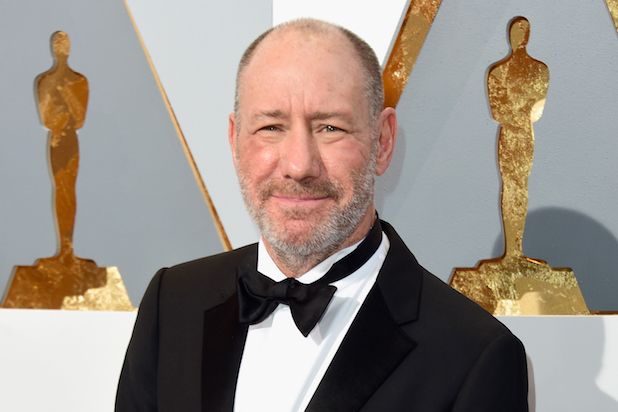Quiet! Shhh, hush your mouth. Silence when I spit it out, {spit sound} in the weekend.
The 25 most rewatchable films.
Insanely good makeup transformations (thanks, T):
All the movies Bill Clinton watched in the White House.
Interesting questions from someone trying to buy DiCaprio’s Malibu beach house (thanks, T).
Jimmy Page on the theremin (thanks, T):
The Monty Python argument sketch performed by two vintage speech synthesisers (thanks, V):
Voodoo Chile live:
https://www.youtube.com/watch?v=jJarvWcSNMY

